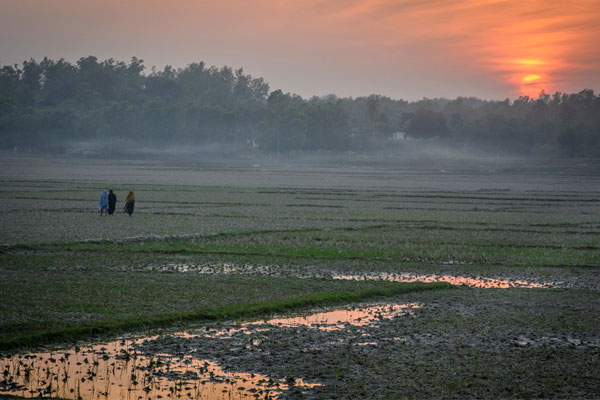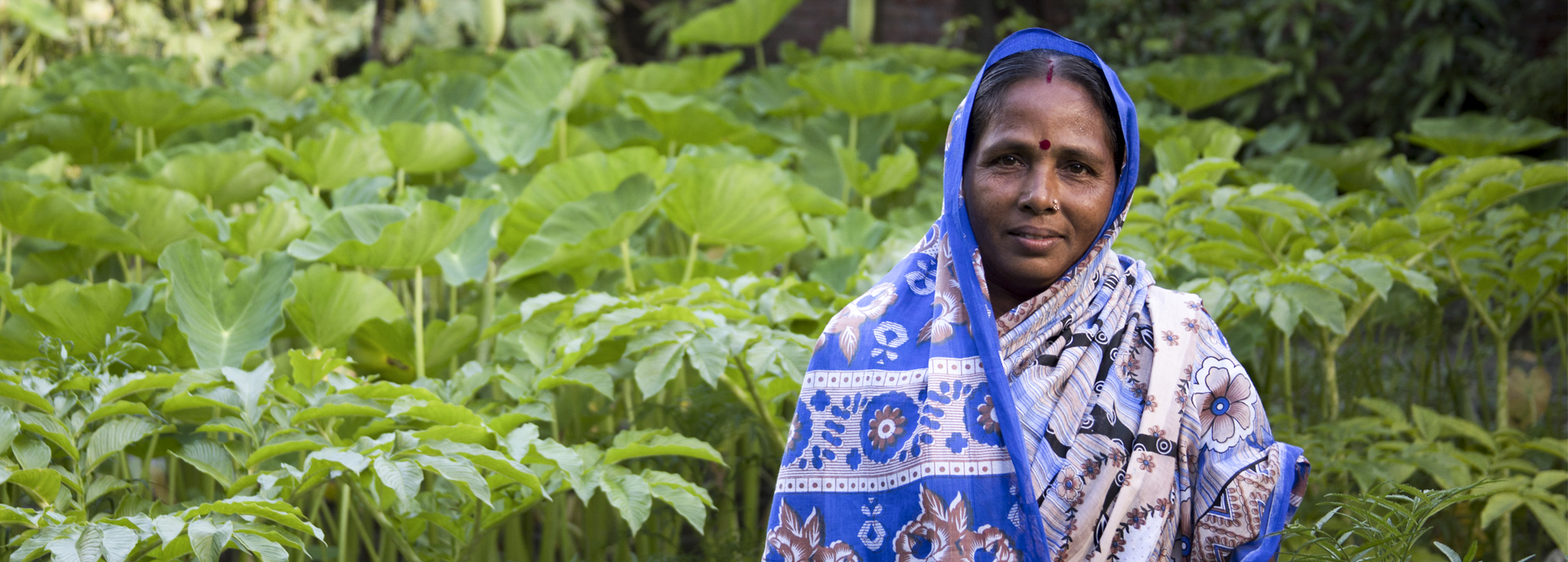
Winrock Supports Groundbreaking Policy Research on Mangrove and Wetland Conservation in Bangladesh
The Climate Resilient Ecosystems and Landscapes (CREL) project in Bangladesh has teamed with Winrock’s John D. Rockefeller 3RD (JDR 3RD) Scholars Program to commission two cutting-edge applied research projects with a direct mandate to inform national policies. The CREL/JDR 3RD Mangrove Valuation team will produce an estimate of the value of Sundarbans mangrove areas in providing protection from tropical storms, sustaining the livelihoods of 500,000 local residents, and generating tourism revenues.
While previous valuation studies have relied on proxy indicators, the CREL/JDR 3RD team is conducting 900 household surveys and interviewing tour operators to produce a more accurate estimate of value. The team will present their results directly to the Bangladesh Forest Department to inform an upcoming revision of Bangladesh’s Protected Area Rules.
Another team — the CREL/JDR 3RD Wetland Co-Management research team — will compare the distribution of benefits in wetlands that are co-managed by communities versus wetlands where communities are not included in the management regime. The team will present their results directly to the Department of Fisheries and wetland co-management stakeholders, to inform a review of current wetland leasing practices and distribution of benefits from conservation-based management.
In March, more than 30 researchers convened at the University of Chittagong for a training on Using Research Results to Inform Policy. Overseas Development Institute of London designed and delivered the training, which was funded by Winrock’s John D. Rockefeller 3RD Scholars Program. The training was jointly hosted by CREL and the University of Chittagong Institute of Forestry and Environmental Sciences. Participants included CREL/JDR 3RD research grant recipients and grant applicants, as well as faculty from the University of Chittagong, Dhaka University, and Rajshahi University.
The USAID-funded CREL project is implemented by Winrock International to scale-up and adapt successful co-management models to conserve vital lands, improve governance of natural resources and biodiversity, and increase resilience to climate change through improved planning and livelihoods diversification.
Related Projects

